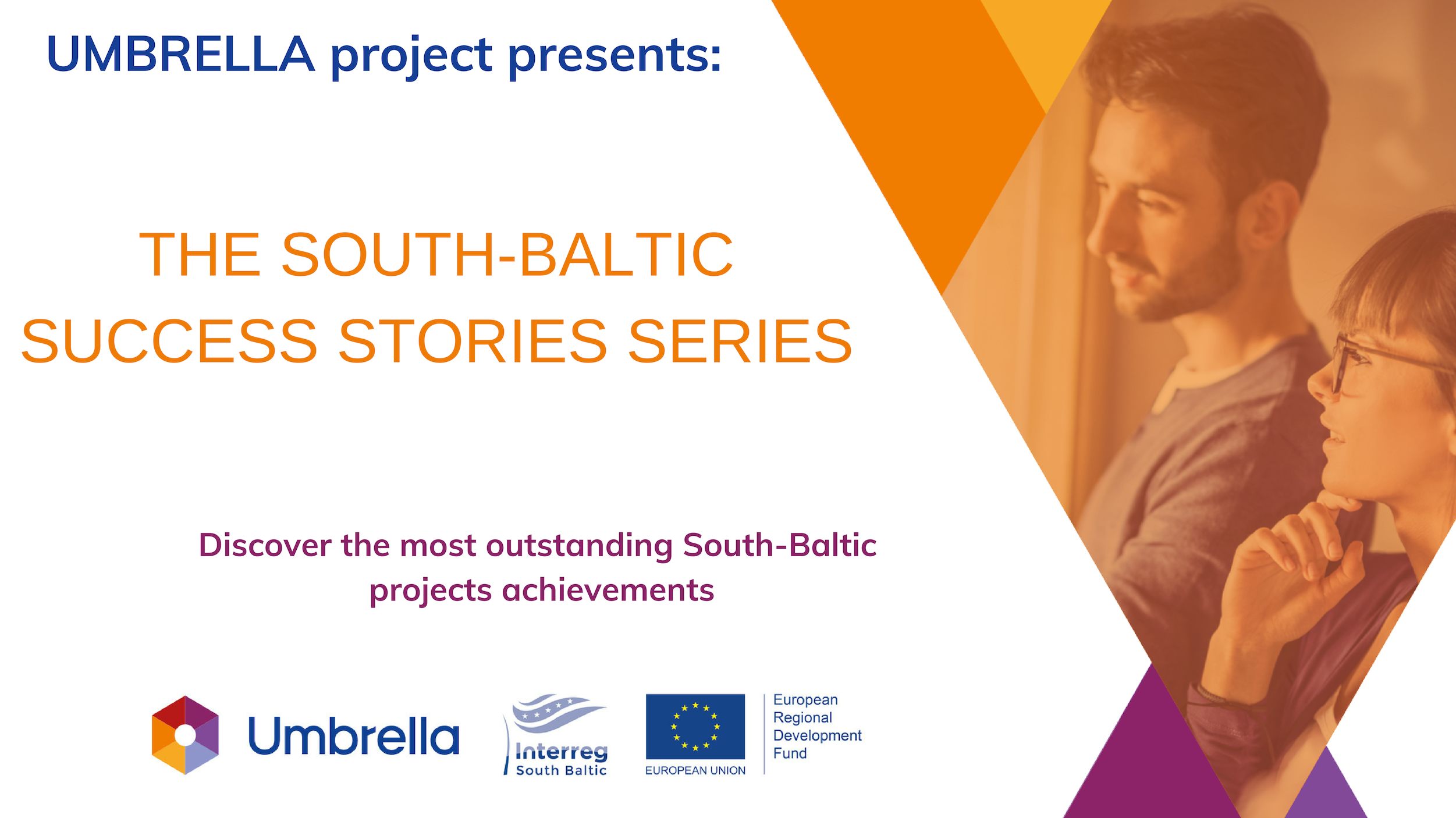
The South Baltic success story #5 – CaSYPoT project
This month we’re coming back with another Umbrella SuccessStory. Please read about the CaSYPoT – Capacity Building for Strategic Youth Policy and Transnational Cooperation project. The CaSYPot project ended in June after 3 years of collaboration between Poland, Sweden, Russia and Lithuania. On the 13th and 14th of May, the caSYPot Final Conference was held in Kalmar, Sweden, in order to summarize the project, to show the results, and discuss with young people, adults and experts on the youth strategy and youth needs.
But first, please see this fantastic clip summarizing our project:
Lead partner
Association of municipalities in Kalmar County, SE
Project partners:
- Klaipeda University, LT
- Association of Polish Communes Euroregion Baltic, PL
- The City of Slupsk, PL
- Emmaboda municipality, SE
- Linneaus University, SE
Partners from Kaliningrad Region (RU) through twin project financially supported by Swedish Institute:
- Svetlogorsk
- Gusev
- Agency for Youth Affairs in Kaliningrad Region
- Immanuel Kant Baltic Federal University

Creating a better world for the youth
A high percentage of young people in the Eurobaltic Region move from their home region, leaving many places at risk of depopulation. To approach this problem, the CaSYPoT project seeks to create better opportunities for the youth in the region, but first, the partners had to figure out what the young people want and need. Using a Swedish survey, which was adapted to fit the different countries, the partners set out to examine why young people felt this way, and how they viewed their future. The questionnaire was answered by almost 1600 respondents aged 16 – 19, in six municipalities in Lithuania, Poland, Russia and Sweden. From the survey, the partners discovered that between 65 and 90% of the young respondents planned to leave their home region because of a perceived lack of opportunity.

Using the information uncovered in the survey, the CaSYPoT project seeks to make knowledge-based youth strategies at both a local and regional level in the Eurobaltic Region. Even though there were regional differences, many of the young people’s worries were similar, and touched areas like future, work and local influence. Because of this, it makes sense to have a common approach to the situation.
Engaging the youth through festivals and influence
One of the results of the CaSYPoT project is a re-organisation of the City Youth Council in the City of Slupsk, Poland. The City Youth Council now actively engages 23 members, who represent the city’s youth. They come from different areas and schools and participate in local political life. Inspired by a Lithuanian project, the City of Slupsk is also developing an online map to make it easier for the youth to find out what is happening in the city and explore their opportunities. A third initiative is an open space called Telegraph in Svetlogorsk, Russia, where young people can meet and investigate art, entrepreneurship, educational projects, self-realization and self-organization. The project has also resulted in a Baltic Sea Youth Camp, a three-day festival promoting friendship, culture and political awareness for young people between 18 and 25 from 11 countries in the Baltic Sea Region and Iceland.

Tips & tricks from CaSYPoT project:
- Be open, and try to understand the other culture’s point of view
- Prepare to be patient
- Accept the differences – sometimes there is no one optimal solution for all the countries.
Below you can see a glimpse from our project final result – Youth Strategy of Euroregion
Baltic 2020+.

Here you can download the final version of the ERB Youth Strategy: Youth Strategy_04.07.2019


We also recommend project website http://casypot.eu/ where you can find all the info on a number of youth meetings, detailed results of the youth survey and much more!

Tags: beneficiaries, Interreg, project, project development, SouthBaltic, success story, tips, Umbrella
